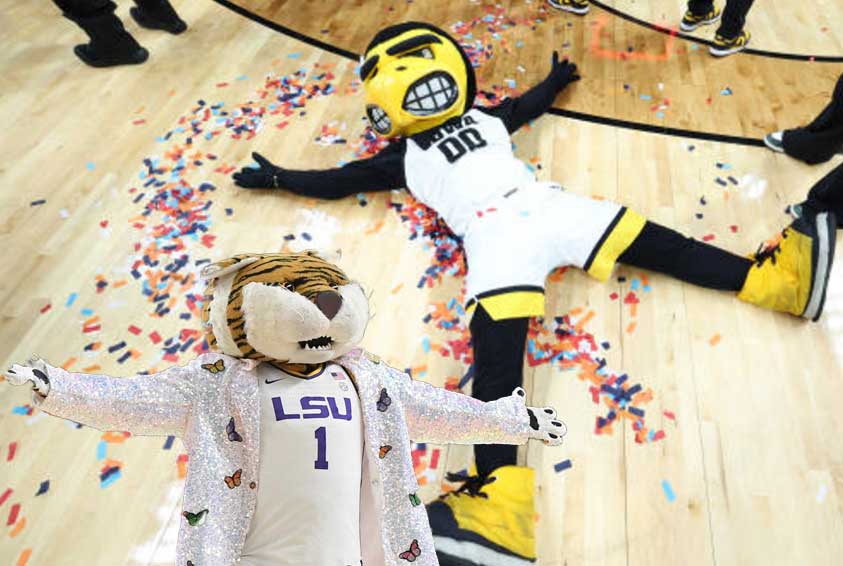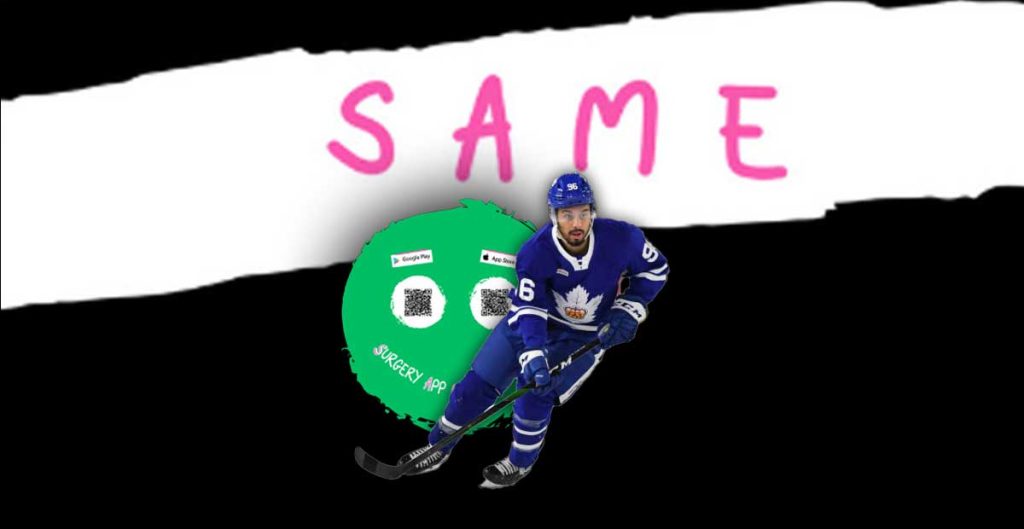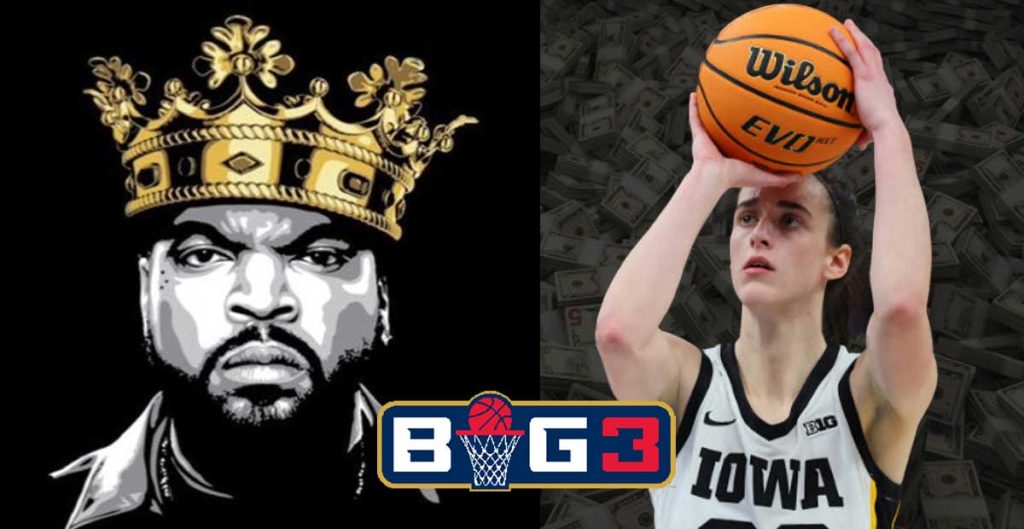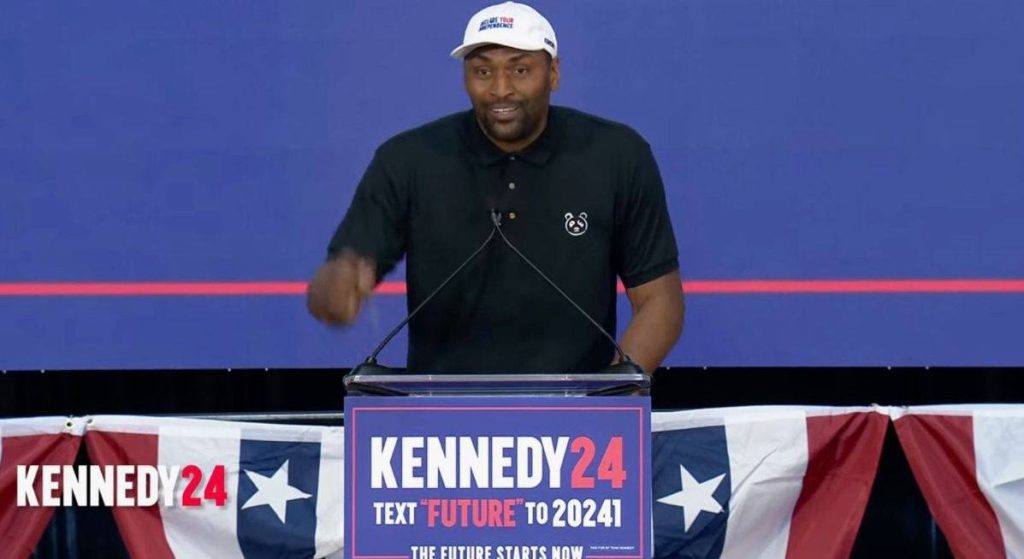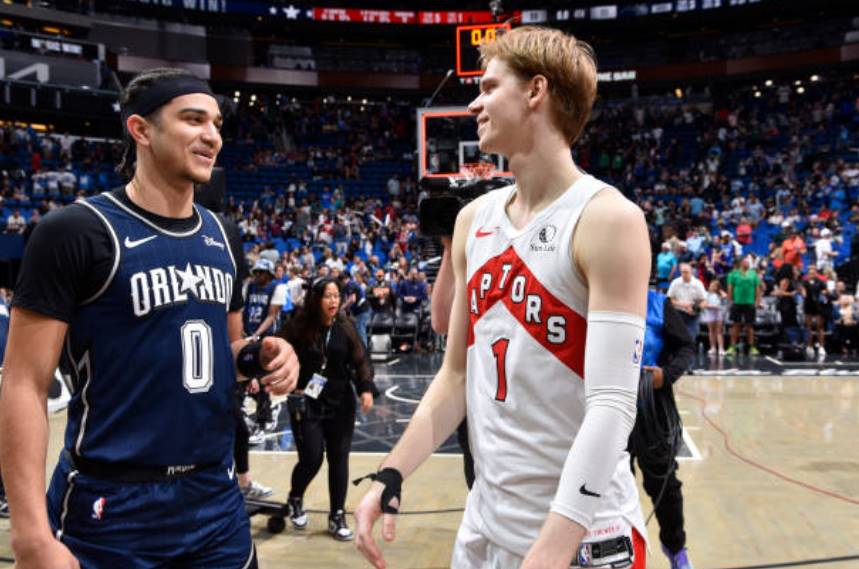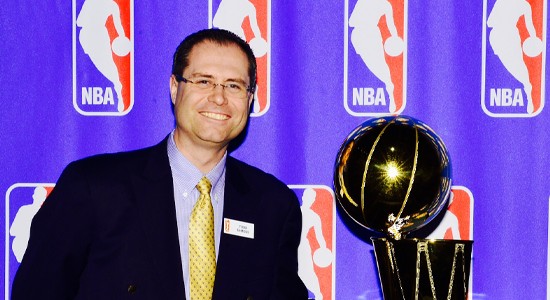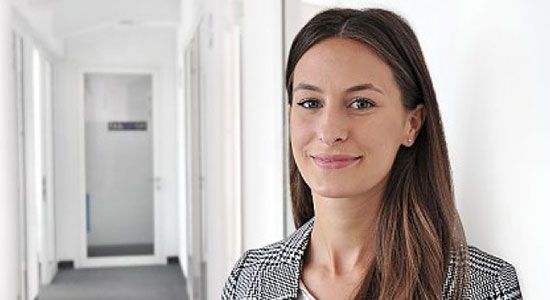
Global Sport Project Management Characterizes PROPROJEKT’s Sarah Sebesta
Sarah Sebesta | Junior Project Manager | PROPROJEKT

Sport brings people together from all over the world and it must so often be seen in an international context and that is what makes it so interesting and special.
Sarah Sebesta
Junior Project Manager
PROPROJEKT
Before we begin, give us a little update on how your job has changed since the World Health Organization (WHO) declared COVID-19 a global pandemic.
First of all, we are aware that 2020 will be a very challenging year for the sports industry, as well as for many other areas.
Nevertheless, this crisis also brings up creative and innovative actions and opportunities for new areas in this industry we wouldn’t have thought about without this crisis.
So, I think despite facing many challenges we should also ask ourselves what can we learn from this crisis (what have we already learned), how can we better react in the future and what can make us stronger?
I can only speak for myself and the projects I am working on so luckily I can say that this crisis hasn’t affected my work too much. We are still mostly working from home and internal and external meetings are held by telephone or video conference, which is definitely a new experience, but regarding our projects, not much has changed.
Tell us about your role as Junior Project Manager with PROPROJEKT. Could you also tell us a little bit more about your organization since we do not know much about it here in North America!
PROPROJEKT is an interdisciplinary company with 22 experts, coming from many directions, like Civil Engineering, Architecture, Real Estate Economics, Sport Management and Sport Science.
We offer strategic consultancy in all areas of planning and construction as well as international expertise and experience in sports and event planning. PROPROJEKT is leading in the area of planning major sporting events.
Preparing bids and developing concepts for major sports events cover most of our work in the sports area but we also do other sports projects like establishing recreation and sports facility master plans. Some examples of major event projects PROPROJEKT worked on are the Olympic Winter Games Bid Munich 2018, the FIFA World Cup Bid Qatar 2022, the UEFA EURO 2024 Bid Germany or the Special Olympics 2023 Bid Berlin.
I started working for PROPROJEKT about a year ago, first as an intern, later as a part-time Junior Project Manager and just recently I’ve switched to a full-time Project Manager.
My role as a Project Manager is a mix of strategic consultancy, content development and project management to help to develop successful concepts, which include smart and individual solutions. Every city, region or country is different in their demand and potential and also every customer is different so we work closely with our customers to find the right tool for each task to make the right decisions together.
What does a typical day look like for you?
At the moment, a typical day starts with an intern morning meeting, where we all report what is up for the week and give updates on the projects.
Since we have colleges working from three different locations, which are Frankfurt, Berlin and Lausanne, having a constant exchange and bringing the colleagues at all three locations to the same level is very important.
The meetings usually take place once a week, but because of the current home office situation, they take place three times a week now.
In addition, daily tasks are checking emails, communicating with colleges and clients and preparing content. But aside from that, it really depends on what kind of project and phase of a project we are working on. All projects and customers are different and so is my daily work.
In one project, for example, the aim is to carry out an analysis of potential cities in order to check the feasibility and minimum requirements for hosting an event, to evaluate technical criteria, identify optimisation potentials and to support in political committee communications and discussions.
In other projects, we design a sports tourism concept including a high-performance centre wherefore we analyse the general suitability of a region based on economic and tourism-related development, examine current sports trends and sports activities of potential user groups and evaluate existing and planned sports infrastructure as well as potential sites for a new training centre, etc.
Physically, some projects require weekly meetings with the client and other stakeholders involved, while in other projects the client is only being met for an interim and final presentation.
Would you say your path to your current position was quite easy or rather challenging, and can you discuss why?
Neither. The many skills and experiences I was able to pursue and grow through have brought me incredibly forward.
It was kind of a mix of a series of lucky coincidences and constantly showing the willingness and interest plus taking advantage of opportunities that were given to me.
Throughout this whole process, I always listened to my gut feeling and until now I was always successful with it and I am super happy and grateful for taking up this exciting position today. I think the more challenging part is actually happening now by proving myself in my current position, implementing what I’ve learned and developing old and new skills.
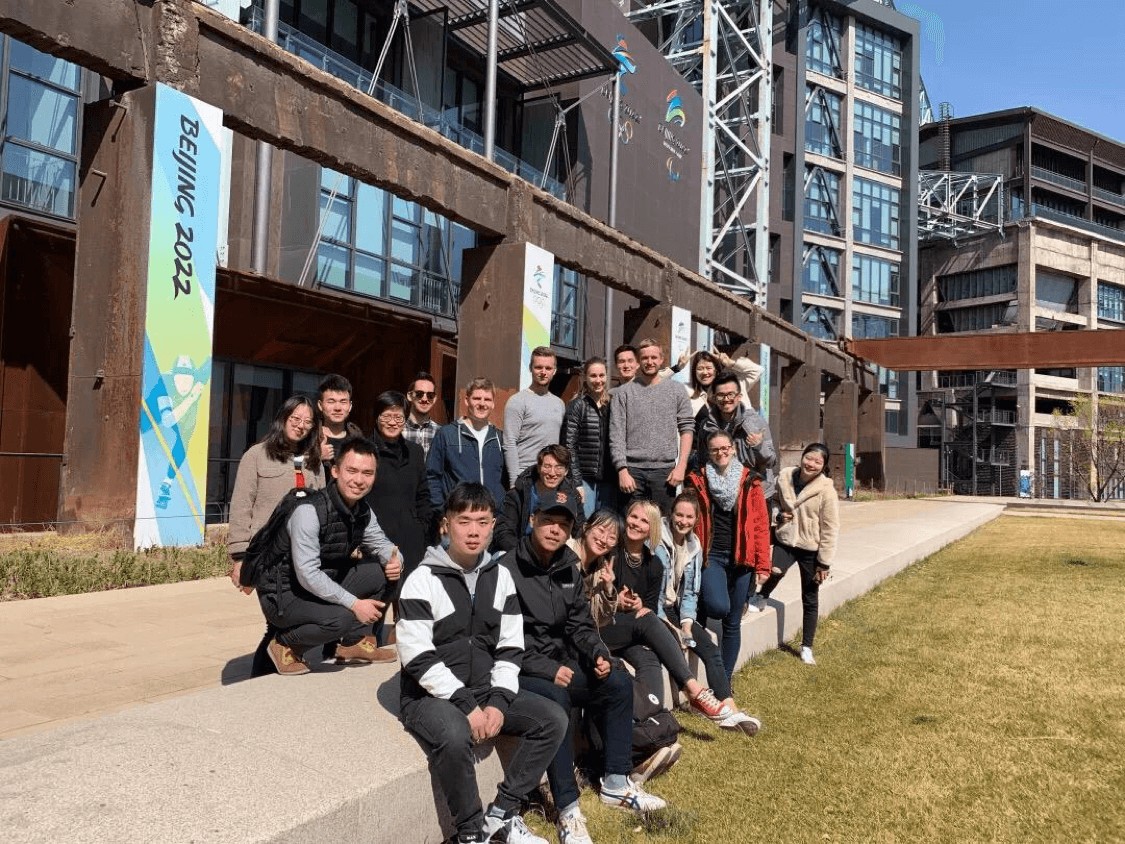
What are some of the biggest challenges you are faced with in your role and in your organization?
Even though scientific thinking and understanding were one of the main aspects I’ve learned in university, one challenge coming directly from university to this business, is that you often have to think less scientifically and more practically and to keep the right balance between those two methods of operating in projects.
It can also still be quite a challenge to speak up, raise and present different opinions, ideas and thoughts on things and be confident right away when working with people who have been in this industry for years or decades and are known for their expertise in the sports sector.
What strategies do you use in order to face those challenges?
From the very beginning, I communicated a lot with my colleagues, asked a lot of questions and sought advice from them since I see it as a great benefit to be able to work with people who have much experience and know-how in the sports industry, especially if you are a beginner you learn a lot.
Also accepting that every beginning is hard and that it is still a work in progress because many skills only come with experience, is a difficult but important process.
In addition, it helps to find a few good sources, be it an article, a reference book or podcasts, which I regularly browse and thus acquire additional knowledge and keep up to date with the latest developments in the world of sports.

Why was it important for you to be educated at the master’s level in Sport Management? What attracted you to the field?
I got my bachelors degree in Sports and Political Science, which definitely gave me a good overview of all the fields that exist in the sports world, from sports psychology, sports medicine to sports sociology and more. It made me realize how broad the field of sports is, however, this feat also took its toll on me and it was, therefore, important to develop myself in a targeted manner and get from basic skills to advanced skills.
What finally brought me to study sports management is that it holds many doors open in different directions. In the end, I decided on the program in Mainz because it also includes the international aspect. Sport brings people together from all over the world and it must be seen in an international context. That is what makes it so interesting and special. In this Masters program, the focus is on major sports events and global sport. The number of Masters students is limited to about 15 students, which makes individual mentoring possible.

How did your Masters degree open up the door to potential sports industry opportunities?
This program opened doors to the sports industry not only after I graduated, but from the very beginning of my studies. I got many opportunities to connect with sports experts from different organisations and fields, like FIFA or Transparency International, among others.
I also got to study in different countries like the Sport University in Beijing and the Olympic Academy in Qatar and I had many seminars with sports students from all over the world (Kazakhstan, Ghana, Egypt, Mexico, India, Sweden, Wales, Canada…) which got me an insight into different cultures with a view to sport, but also beyond. In that way, I was able to build a large international sports network, gain intercultural skills, think outside the box and on top of this came out wonderful friendships.
The fact that I joined PROPROJEKT is also partly due to the master program. PROPROJEKT was part of a jury of the annual Strategic Case Study Competition organised by the University of Mainz in cooperation with the German Olympic Academy. This case study helped me to improve skills like teamwork, strategic and analytical thinking in a challenging way, which are all important skills for the modern sports business.
The task was to develop a long-term strategy for major sporting events in Germany and my team was able to convince the jury with a five-minute presentation followed by questions. The task was extremely interesting and when I found out that PROPROJEKT is actually working on related tasks in their business, I took the opportunity to apply for an internship.
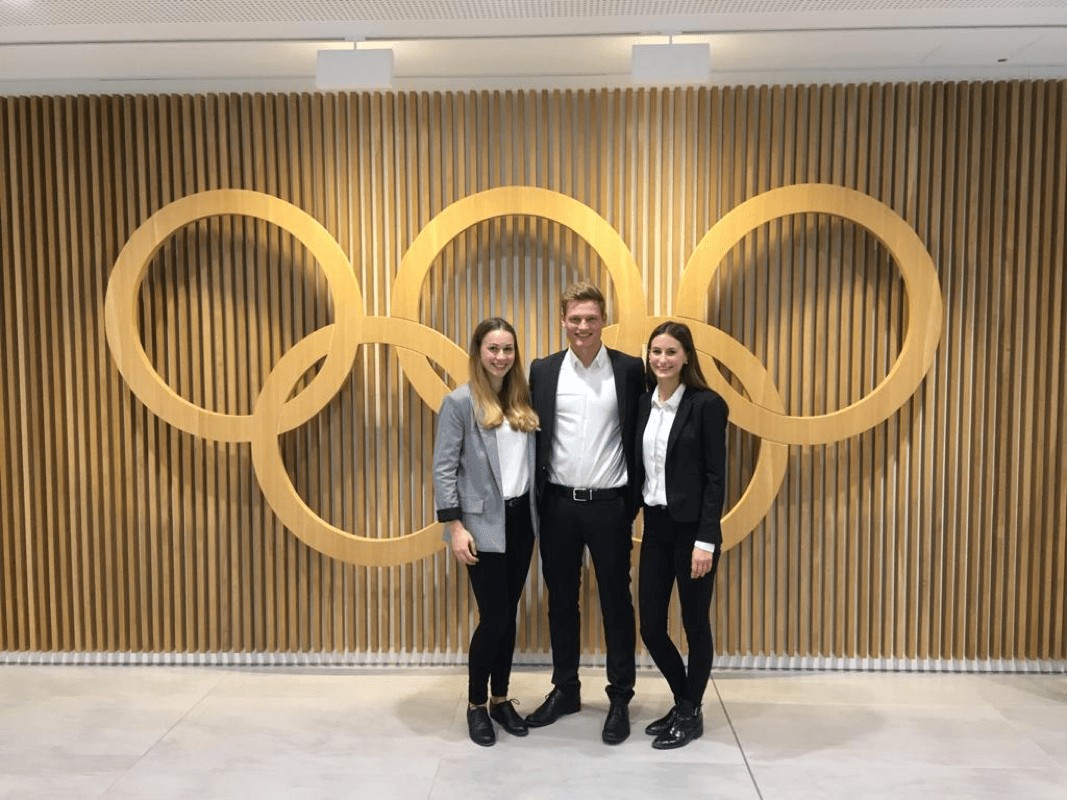
What are some aspects of working in sport, you didn’t learn in school studying Sport Management that you learned more through experience in the field?
What I only learned in practice is how difficult stakeholder management can be. Since we cooperate with different local and national entities and other stakeholders, who come from different fields it was and still is difficult for me to assess the relevant stakeholders, to know how to associate with each one and which conflicts of interest might occur.
Another thing I was becoming more aware of is how long a life cycle of major sports events really is. It’s astonishing how many stakeholders are actually involved and needed to ensure a successful event and how much effort and work stands behind planning a sport major event. It’s pretty surreal when you think about the seven years of planning and organizing behind a two-week event, followed by the years of post-event and its legacy.
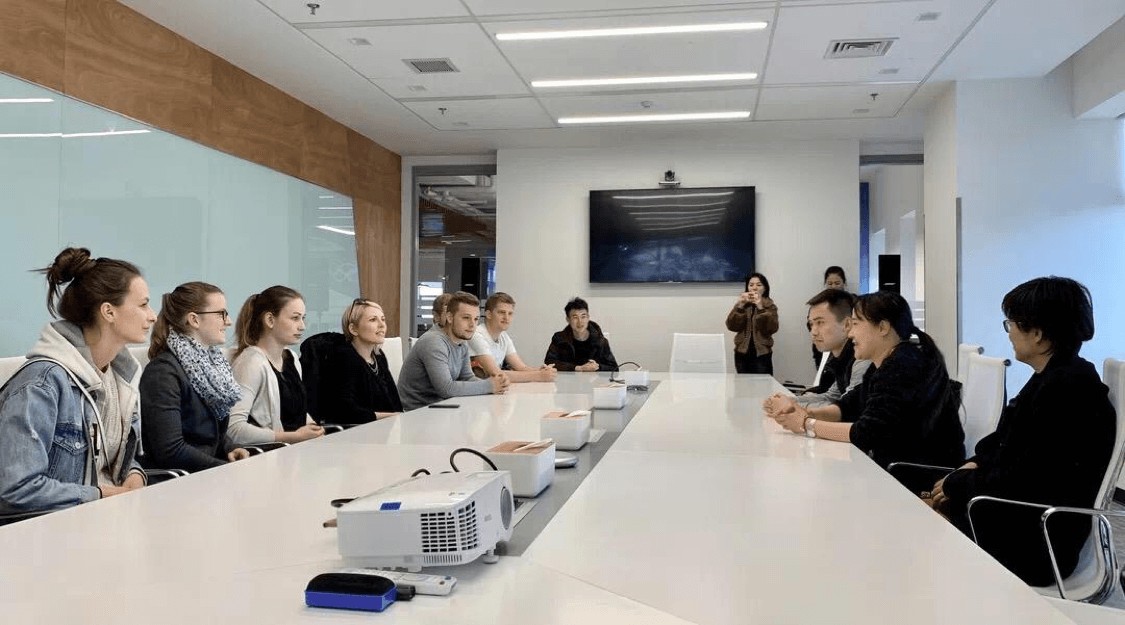
I see you have some international experience, studying in Qatar and in China. Tell us about those experiences and what differences and/or similarities you saw between the sports industry in those countries compared to your own in Germany?
The biggest similarity was definitely a passion for sport. Sport knows no boundaries, speaks all languages and unites. Qatar and China both have big visions for sport development in their country. It was interesting to observe how these countries pursue very different long-term sporting goals and how they want to achieve them with different strategies and ways. Spending time in these countries and having discussions with the students and experts on-site enabled both sides to learn from each others strategy.
China and Qatar are both very interesting strong sports markets. Qatar, for example, is a country which uses sport for the development of a whole nation. It is a non-traditional bid destination. People wouldn’t have talked a lot about it 20 years ago and now established itself into a leading sports event host nation which puts itself on the global map in particular through sports.
Despite controversial discussions about this fast-growing sports nation, from my perspective, taking part in planning sport major events, it is captivating to see such a young nation grow into a major sporting hub with state-of-the-art facilities.
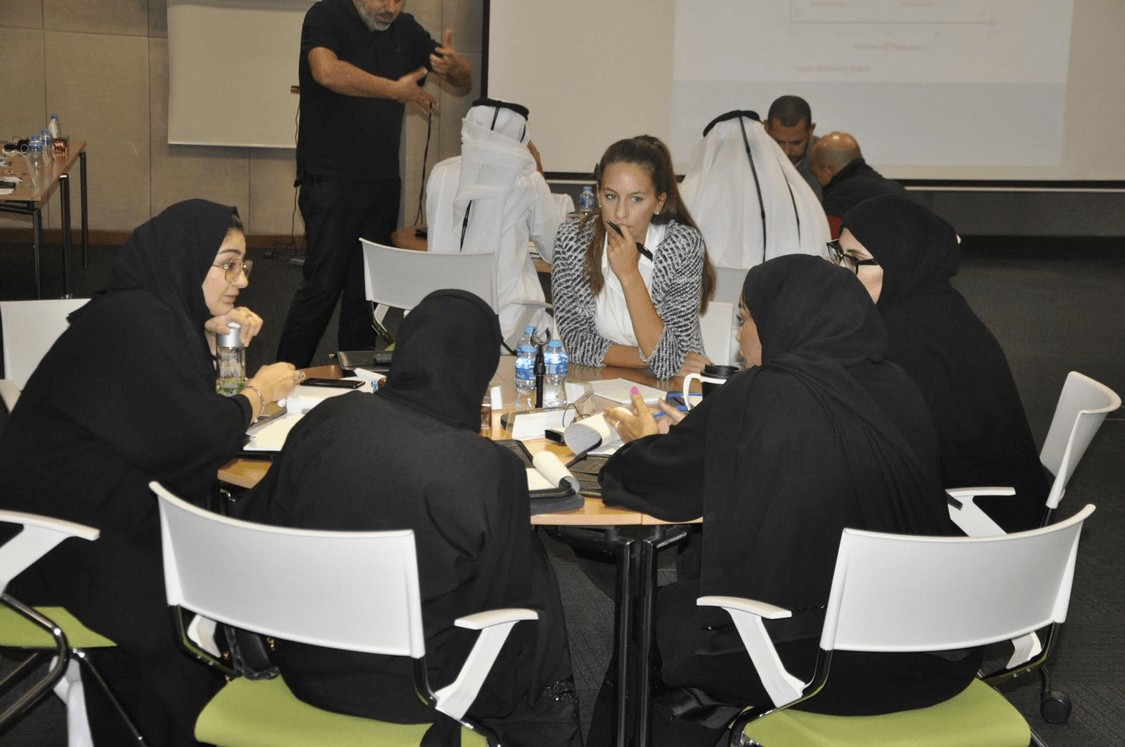
What would you include on a list of your top 5 biggest accomplishments (or moments) between working in and playing sport?
- The value derived from the interactions and exchanges with so many different nationalities, and especially as an output the many wonderful friendships that came out!
- Cheering (as a cheerleader) for Dirk Nowitzki at “D-day” after he won the NBA finals with Dallas Mavericks in 2011.
- My back handspring which I did for the very first time at the cheerleading regional championships (easy peasy for a gymnast but it was a huge challenge for me!)
- Being part of a company, which works in incredibly exciting sports projects. They have given me the chance to be fully involved and include my own ideas right from the start.
- Stepping over my own boundaries (physically and mentally) over and over again.
[get_current_post_author_pic_and_name]
Sarah’s background in International Sport is no joke! From studying sport in Beijing and Qatar to having seminars with students from Kazakstan, Ghana, Egypt, Mexico, India, Sweden and Canada, Sarah has gained significant insight about different cultures and their view of sport. This interview was particularly interesting because of the work Sarah does with PROPROJEKT. Due to my residency being in North America, PROPROJEKT was not an organization I was familiar with prior to this interview. However, after chatting with Sarah, I learned all about the work her and PROPROJEKT do to make major sports projects succeed.
The Latest



